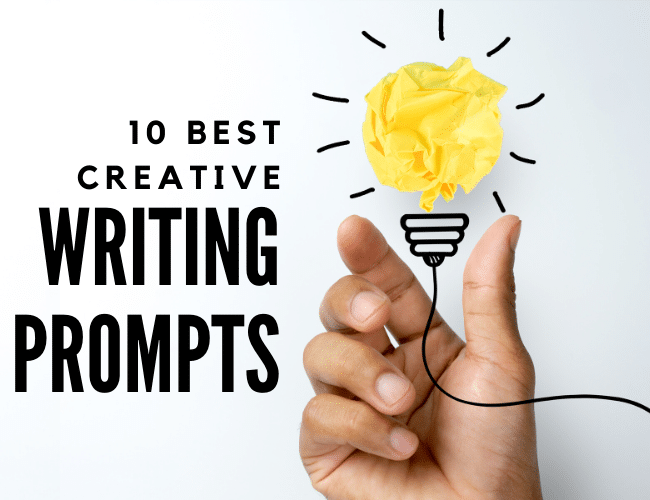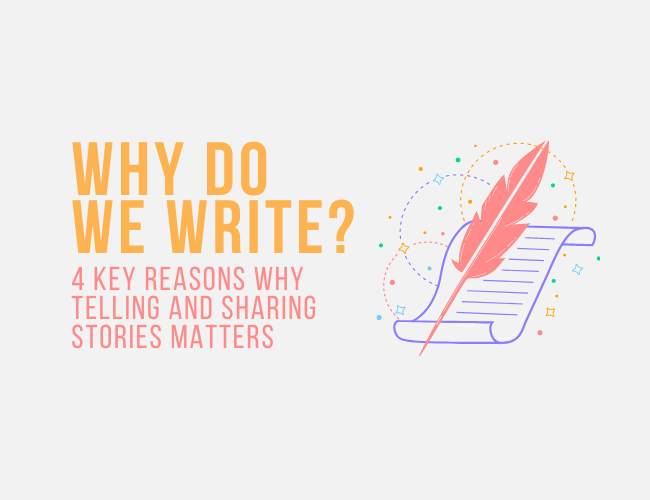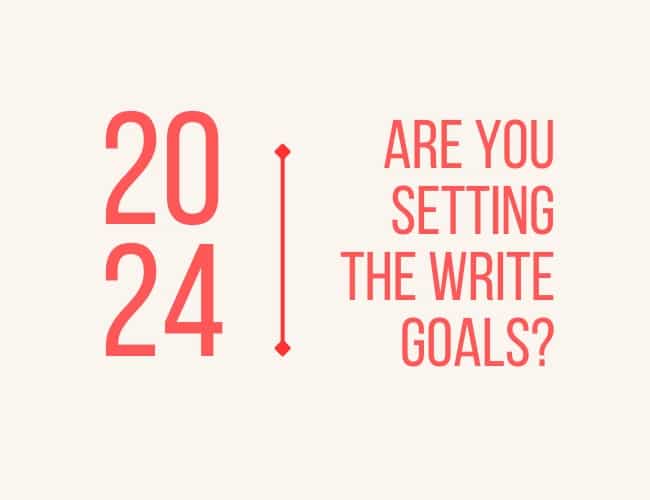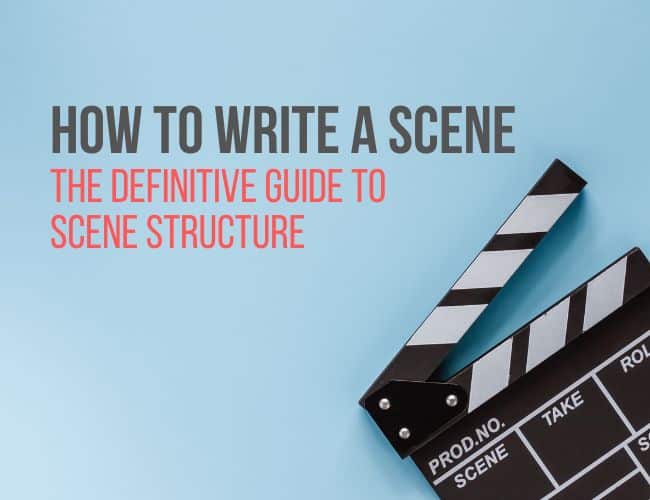
by Joe Bunting |
You get better at any skill through practice, and creative writing prompts are a great way to practice writing.
At the end of every article on The Write Practice, we include a writing prompt so you can put what you just learned to use immediately. And we invite you to share your writing with our community so you can get feedback on your work.
The Write Practice is more than just a writing blog. It’s a writing workbook, and we think it’s the best one on the Internet (of course, we’re a bit biased).
by Joe Bunting |
It’s the end of another long year, and so I’m curious. What did you accomplish this year in your writing? Did you reach any major goals or milestones? Did you publish anything? Did you write something you loved?
In these last few days of 2023, before we set our goals for next year, let’s take a second to sit in what we accomplished over the last year.

by Joe Bunting |
Why do we write? Non-fiction and fiction writing has been an instrumental way for people to connect to one another in the real world.
Stories are about change, and by reading and watching them we, ourselves, can change for the better.
But do people write for different reasons, and are some of those reasons more meaningful than others?
Are you sitting at your computer right now, possibly plunging through your first draft (or much later draft), and debating whether or not a writing career is the one for you?
Do you wonder if the written word is how you’ll make your mark on the world—and if it is, is a writing career what you want in life?

by Joe Bunting |
If you’re reading this, I’m assuming you already have some goals: fitness goals, goals for your family, maybe even a goal of writing a book or to become a better writer.
But how do you write goals that actually work, that actually help you accomplish the things that you set out to do?
In this guide, I’ll share the step-by-step goal writing process that I’ve used to finish fifteen books, publish over 2,000 blog posts, hit the Wall Street Journal bestseller’s list, and reach over twenty million people with my writing over the last ten years.
No matter what your goals are, I believe this process will help you get clear on what you want to accomplish this year.

by Joe Bunting |
Once you have a great story idea, the next step is to write it. But do you want to take your brilliant idea and then write a book that bores readers and causes them to quit reading your book?
Of course not. That’s why you need to learn how to write great scenes.
Scenes are the basic building block of all storytelling. How do you actually write them, though? And even more, how do you write the kind of scenes that both can keep readers hooked while also building to the powerful climax you have planned for later in the story?
In this post, you’ll learn what a scene actually is. You’ll explore the six elements every scene needs for it to move the story forward. Then, you’ll learn how to do the work of actually putting a scene together, step-by-step. We’ll look at some of the main scene types you need for the various types of stories, and we’ll also look at some scene examples so you can better understand how scenes work. Finally, we’ll put it all together with a practice exercise.






